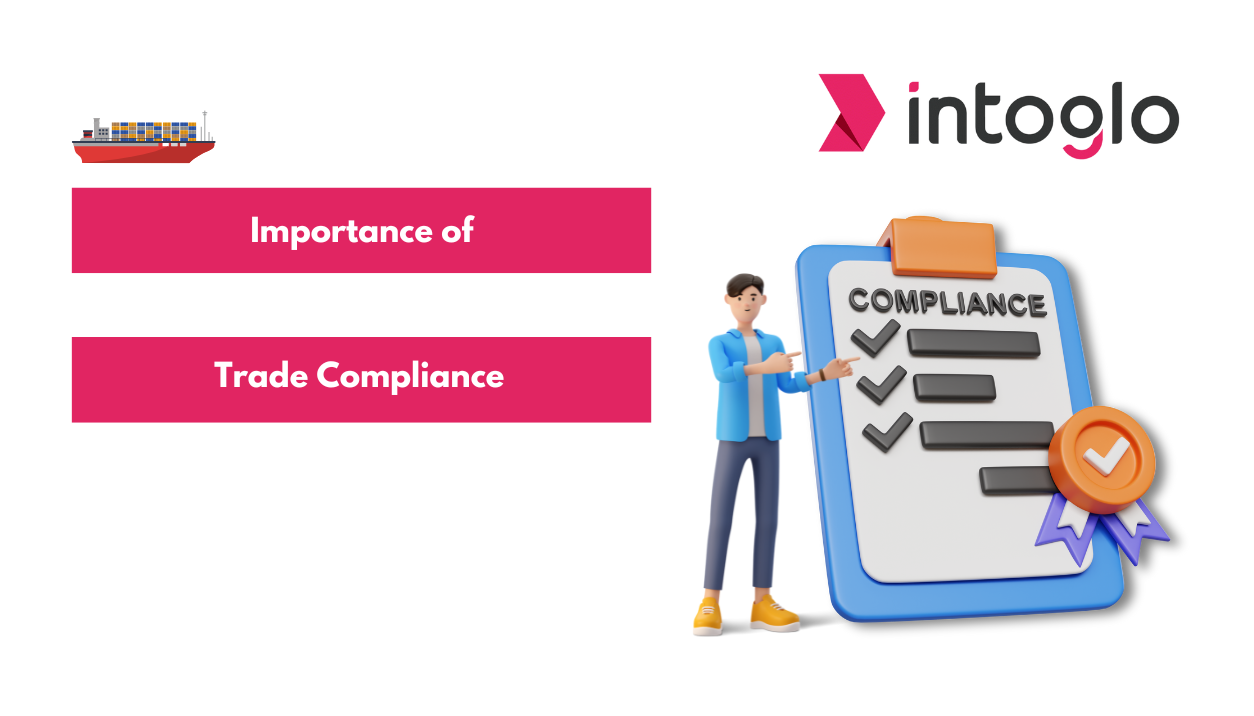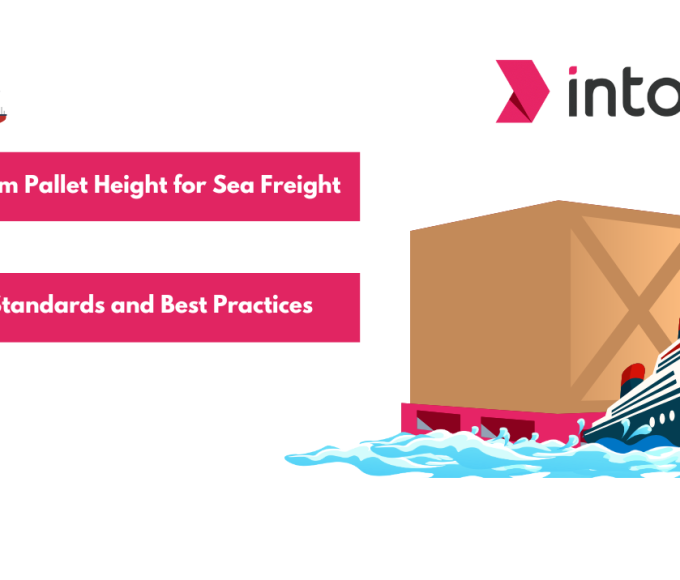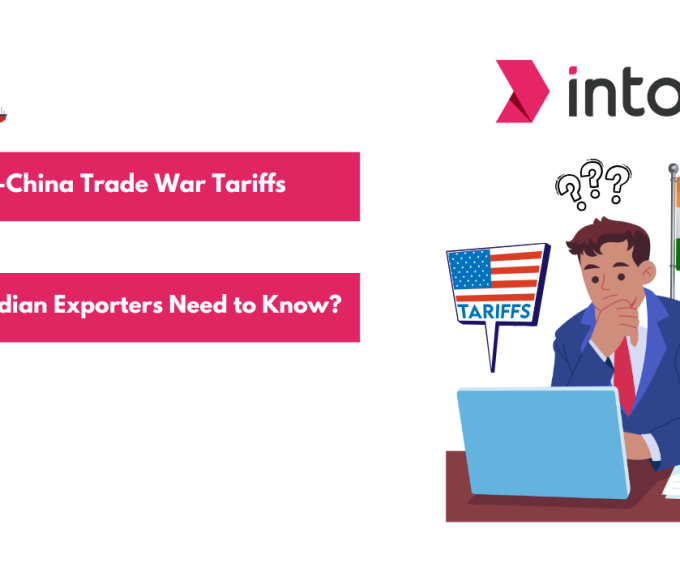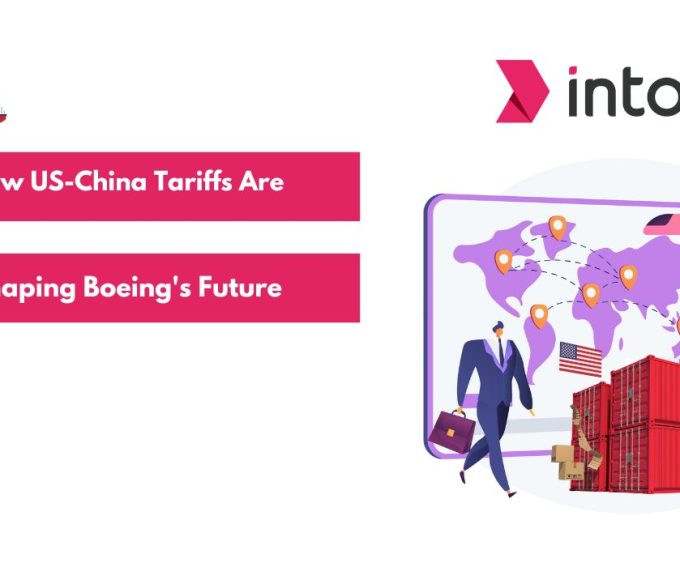Trade compliance refers to the regulations and laws that regulate the cross-border exchange of goods and services. It ensures that all activities related to international trade, such as importing and exporting, adhere to local and global rules. Trade compliance is essential for businesses that operate globally because it helps them avoid legal issues, hefty fines, and potential disruptions in their supply chains.
This article will explore the components of trade compliance, its practices and challenges, highlighting why businesses must stay informed and compliant with trade regulations. In addition, we’ll discuss non-compliance risks, such as penalties and delays, and how staying compliant can protect a company’s reputation and ensure smooth operations.
Components of Trade Compliance
Trade compliance encompasses various components that ensure businesses meet all legal requirements in international trade. Understanding these components is vital for any company involved in global commerce, as each plays a critical role in avoiding legal issues and ensuring smooth operations.
- Tariff Classification involves correctly using the Harmonized System (HS) to categorize goods. Accurate classification is crucial because it determines the duties and taxes applicable to the shipment.
- Rules of Origin: These rules are essential for determining whether goods qualify for preferential or non-preferential treatment under trade agreements. Correctly identifying the origin can lead to significant cost savings.
- Valuation of Goods: Correct valuation is key to proper customs duty and tax calculations. Incorrect valuation can lead to overpayment or penalties.
- License Management involves obtaining the necessary permits for importing or exporting goods. Effectively managing licenses ensures compliance with regulatory requirements and avoids shipment delays.
- Export Controls: Companies must comply with regulations like ITAR and EAR, which govern the export of certain goods, services, and technologies. Non-compliance can result in severe penalties.
- Screening: Regular checks against embargoes and sanction lists help prevent illegal transactions and protect the company from fines and reputational damage.
- Customs Management: An action plan to handle customs investigations and manage customs brokers is crucial for smooth customs clearance processes.
- Incoterms® Rules define the logistics-related responsibilities between the buyer and seller, helping both parties understand their obligations in the trade process.
Trade Compliance Practices
Effective trade compliance practices are essential for businesses to mitigate risks and ensure smooth international trade operations. Among these practices, Customer Due Diligence (CDD), Supplier Vetting, and Commodity-Based Import and Export Controls stand out as critical components.
Customer Due Diligence (CDD) and Supplier Vetting:
This practice involves thoroughly evaluating customers and suppliers to ensure compliance with trade regulations. Companies can avoid doing business with prohibited entities. This due diligence process helps identify any risks associated with the individuals or organizations involved in the transaction, ensuring that the business complies with international laws and avoids penalties.
Commodity-Based Import and Export Controls:
This practice is particularly focused on goods that have dual use, i.e., for both civilian and military applications. Extra scrutiny is required in high-risk jurisdictions to ensure that these goods do not fall into the wrong hands. Business must be updated with the specific regulations governing the import and export of such commodities. This includes understanding the restrictions on trading with certain countries or entities.
Challenges of Trade Compliance
Navigating trade compliance can be challenging for businesses, mainly because of the complexities and risks associated with international trade. Some of the key challenges include evolving regulations, complex documentation, and the risks of non-compliance.
Evolving Regulations
One of the biggest challenges in trade compliance is keeping up with constantly changing legal requirements. It means businesses must continuously monitor and adapt to these changes to remain compliant. Failure to do so can result in unintentional violations that could have significant consequences.
Complex Documentation:
The paperwork involved in international trade is often intricate and prone to errors. Customs forms, export licenses, and other required documentation must be accurately completed and submitted to avoid delays or rejections at border crossings. The intricacy of these documents can lead to mistakes, which can cause significant disruptions in the supply chain and additional costs due to reprocessing or fines.
Risk of Non-Compliance:
Non-compliance with trade regulations carries significant risks, including legal penalties, business disruptions, and loss of reputation. Legal consequences can vary from fines to criminal charges, depending on the seriousness of the violation.
Moreover, non-compliance can lead to delays in shipping, the seizure of goods, or the loss of trading privileges. The impact on a company’s reputation can also be serious, resulting in trust issues among customers and partners, ultimately harming the business’s bottom line.
Stay compliant and streamline your logistics with Intoglo. We ensure door-to-door shipping from India to the USA with an all-in-one logistics solution. Our end-to-end solutions simplify the complexities of international trade, from seamless customs clearance to U.S.-based support. With Intoglo, your shipments are in safe hands, backed by:
- Pre-screening before shipment departure
- 50+ U.S. warehouses & 40+ trucking partners
- Expert customs brokers and bond services
- 10 free storage days with premium shipping lines
Also Read: ERP Export Documentation Software Solution
Consequences of Non-Compliance
Failing to adhere to trade compliance regulations can have severe consequences for businesses. These consequences go beyond minor setbacks and can significantly impact a company’s financial health, operations, and even the personal freedom of those involved.
- Financial Penalties and Fines: Financial penalties are one of the most immediate and substantial consequences of non-compliance. Regulatory authorities impose fines that can be incredibly costly, depending on the severity of the violation. These financial penalties can quickly accumulate, particularly if multiple infractions are discovered, putting a significant strain on a company’s finances.
- Shipment Delays: Non-compliance often leads to operational delays, particularly in shipment disruptions. If documentation is incorrect or regulations are not met, goods may be held at customs or sent back to the point of origin. These delays can disrupt the entire supply chain, leading to missed deadlines, dissatisfied customers, and potential loss of business.
- Criminal Sanctions: In more severe cases, non-compliance with trade regulations can result in criminal sanctions, including prison sentences for those responsible. Criminal Sanctions are particularly true for violations involving controlled goods, such as weapons or dual-use items. Criminal charges can have long-lasting effects on individuals and companies, including the loss of business licenses, reputational damage, and the inability to engage in international trade in the future.
Partnering with reliable shipping providers like Intoglo can make a significant difference in avoiding such setbacks.
Intoglo, a cross-border FCL shipping provider from India to the USA, eliminates the middleman, ensuring timely delivery of shipments. Our in-house compliance team, express clearance facilities, and internal filing of AMS/ISF further streamline the process, reducing the risk of delays and ensuring that your goods reach their destination on time.
The operational impact of avoiding such delays can be profound, helping companies maintain their market position and customer satisfaction.
Importance of Trade Compliance
Trade compliance plays a crucial role in the global economy, ensuring that international trade activities are conducted within the boundaries of law and ethics. Here are some key reasons why trade compliance is important:
- Protection of Economic Security: Trade compliance is vital in safeguarding a country’s economic security. By adhering to regulations, businesses help protect against economic risks such as smuggling, money laundering, and illegal trade practices. This ensures a stable economic environment that fosters growth and development.
- Geopolitical Concerns: Trade compliance aligns trade activities with a nation’s foreign policies and geopolitical interests. By following export controls and trade sanctions, businesses support their country’s stance on international relations, helping to maintain global stability and peace. This alignment is crucial in managing relationships with other nations and preventing conflicts.
- Human Rights Issues: Ensuring compliance with trade regulations also means adhering to ethical standards, including human rights considerations. Trade compliance helps prevent the import or export of goods that may be linked to forced labor, child labor, or other human rights abuses. This protects vulnerable populations and upholds a company’s reputation and commitment to ethical practices.
- Intellectual Property: Trade compliance is essential in preventing the distribution of counterfeit goods and protecting intellectual property (IP) rights. By ensuring that only legitimate products are traded, businesses help protect the innovations and creations of others, which is crucial for fostering innovation and maintaining a fair marketplace.
Benefits of Trade Compliance
Adhering to trade compliance regulations offers numerous benefits beyond merely avoiding legal trouble. Here are some key advantages:
- Meeting Demands and Supporting Growth:
Trade compliance ensures smoother business operations by avoiding delays, penalties, and disruptions in the supply chain. When a company complies with trade regulations, it can meet customer demands more efficiently, supporting business growth and expansion.
- Mitigating Risks:
Compliance with trade regulations significantly reduces exposure to financial and operational risks. By staying up-to-date with the latest rules and ensuring all necessary documentation and procedures are in place, businesses can avoid costly fines, penalties, and legal actions.
- Enhancing Reputation:
A solid commitment to trade compliance builds trust with partners, customers, and regulatory bodies. Businesses that consistently adhere to trade laws and regulations are viewed as reliable and trustworthy, which can enhance their reputation in the market. This trust can result in stronger business relationships, more opportunities for collaboration, and a competitive edge in the industry.
Additionally, a good compliance track record can make it easier to navigate regulatory environments and secure necessary approvals for future operations.
Conclusion
Trade compliance is more than just a legal obligation; it’s a critical component of a successful global business strategy. By understanding and adhering to trade regulations, businesses can protect themselves from financial penalties, avoid operational disruptions, and enhance their reputation in the marketplace. Compliance ensures smoother operations, mitigates risks, and builds trust with partners and customers, all essential for sustainable growth in the global market.
As the intricacies of international trade continue to grow, partnering with a reliable provider can make all the difference. Intoglo, a leading cross-border FCL shipping provider from India to the USA, offers a comprehensive solution that includes:
- In-house compliance team
- Express clearance facilities
- Internal filing of AMS/ISF.
- Extensive warehouse network
- End-to-end shipment visibility
By choosing Intoglo, businesses can confidently navigate the intricate world of trade compliance, avoiding costly mistakes and ensuring their operations run smoothly.
Contact Intoglo today to protect your business from financial penalties and operational disruptions while safeguarding your reputation in the global market.









Leave a comment